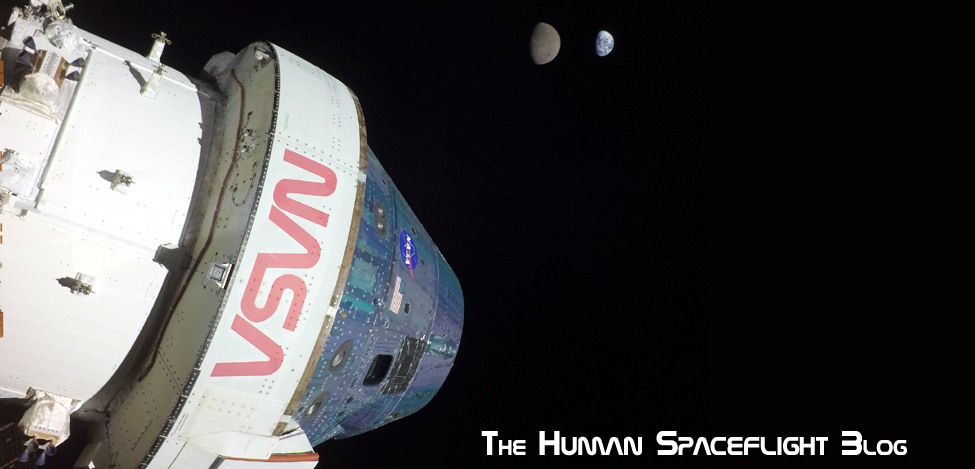NASA
Multilateral Coordination Board Joint Statement toward the development of the Gateway (Press Release)
On March 5, 2019, the International Space Station (ISS) Multilateral Coordination Board (MCB) met, where JAXA had participated in this board to assist the Ministry of Education, Culture, Sports, Science and Technology (MEXT) as a space agency. The ISS MCB oversees the management of the ISS to discuss periodically on important subjects related to the operation and utilization of the ISS.
At the MCB, representatives from the United States, Canada, Europe, Russia and Japan reviewed the status on the technical assessment towards extending human presence further into our Solar System, as well as the progress of the ISS operation, scientific and technological outcomes through the use of ISS, and released the Joint Statement.
The International Space Station (ISS) Multilateral Coordination Board (MCB), which oversees the management of the ISS, met on March 5th, 2019. Its members[1] acknowledged the recent 20th anniversary of the launch of the first International Space Station module and celebrated the success of the ISS partnership. This international team has not only built the space station and risen to the challenges of its day-to-day dynamic operation, but - most importantly - delivered tangible benefits to humanity.
Important outcomes of the ISS include both new scientific knowledge and technical innovation. These advancements address sustainable development here on Earth and help preparations to extend human presence further into our Solar System. The MCB highlighted the fact that more than 100 countries have now used the space station for research or education. Furthermore, representatives noted with satisfaction that the ISS is nurturing a growing economy in Low Earth Orbit research, business and services.
Looking beyond the ISS, the MCB recalled the historic achievement almost fifty years ago of the first human landing on the Moon. It reviewed the extensive work carried out by the ISS partners to study concepts for extending human exploration to the Moon and subsequently to Mars. Emphasising the importance of affordable and sustainable exploration, the MCB discussed their common interest in deploying a human outpost in the lunar vicinity as the next step. Known as the Gateway, it will serve as a way station one thousand times more distant from Earth than today’s ISS, to support exploration of the lunar surface.
Within a broader open architecture for human lunar exploration, the MCB acknowledged the Gateway as a critical next step. The Gateway will support human and robotic access to the lunar surface, and build invaluable experience needed for the challenges of later human missions to Mars. The unique location of the Gateway will offer a platform for important scientific discovery in a deep space environment very different from that of the ISS and enable lunar surface exploration. Its special orbit will also provide excellent visibility of both the Earth and the Moon’s surface for communications relay purposes. It will stimulate the development of advanced technologies, expand the emerging space economy, and continue to leverage the societal benefits of space exploration for citizens on Earth. Gateway will ultimately enable international and commercial partners to participate in human exploration, research and technology development and will be foundational for establishing a sustained human presence around and on the Moon.
Following several years of extensive study among the agencies culminating in a successful technical assessment, the MCB endorsed plans to continue the Gateway development. It welcomed each agency’s intention to proceed toward their respective stakeholders’ approval and funding processes for providing specific elements, modules, and capabilities to the Gateway and associated benefits based on a common concept (see Graphic)
The MCB welcomed with enthusiasm Canada’s announcement on February 28th, 2019, that it would participate in the Gateway and contribute advanced robotics, making the Canadian Space Agency the first partner agency to join NASA in the Gateway.
Finally, recalling the ambition and far-sighted decisions that led to the success of both Apollo and the ISS, MCB members affirmed their common hope that the Gateway should secure new achievements in the field of space exploration, serve as the next step on a sustainable path to the Moon and beyond, and inspire the next generation as a future success of international cooperation in science and technology.
[1] representing the National Aeronautics and Space Administration, the Canadian Space Agency, the European Space Agency, the Government of Japan’s Ministry for Education, Culture, Sports, Science and Technology, and the State Space Corporation Roscosmos
Source: Japan Aerospace Exploration Agency

Hey Richard,
ReplyDeleteGreat post on highlighting the benefits of space exploration. You are right, space have tangible benefits to humanity. These achievements by various organizations are setting hope for the future.
I am gonna share this on my twitter account.